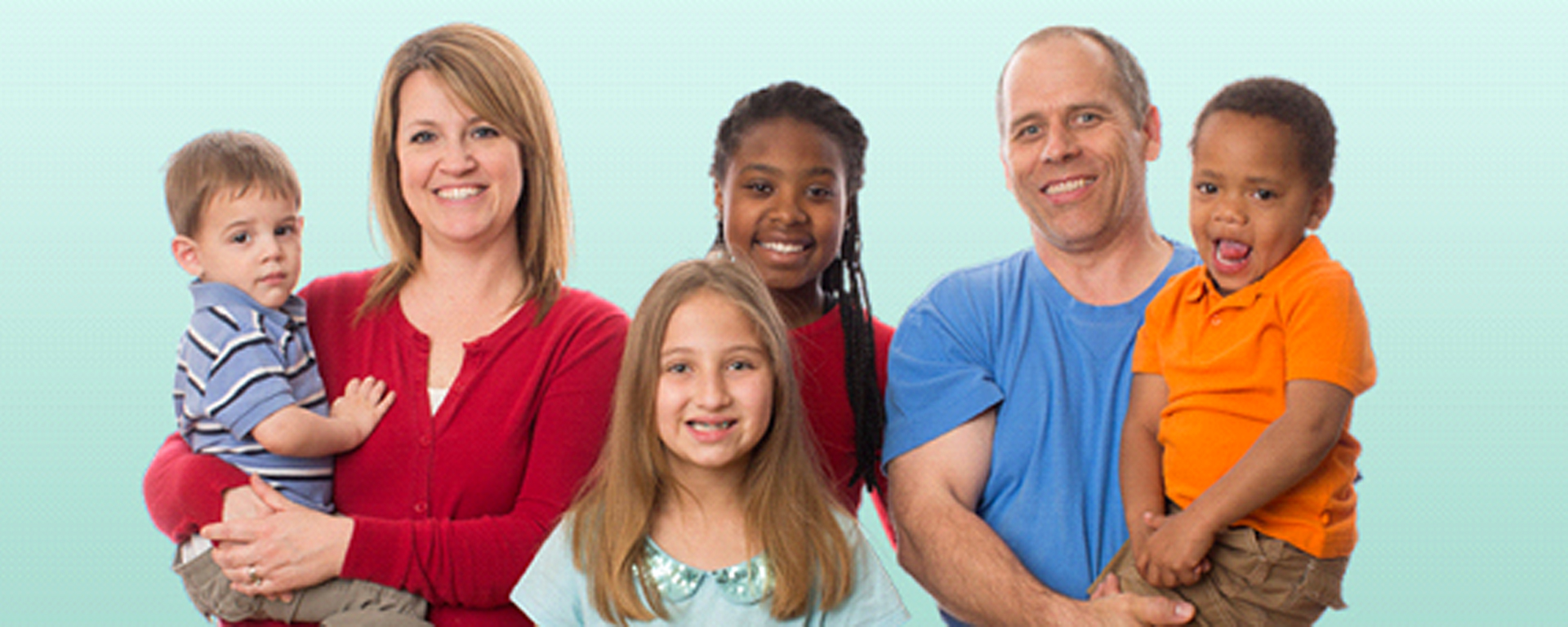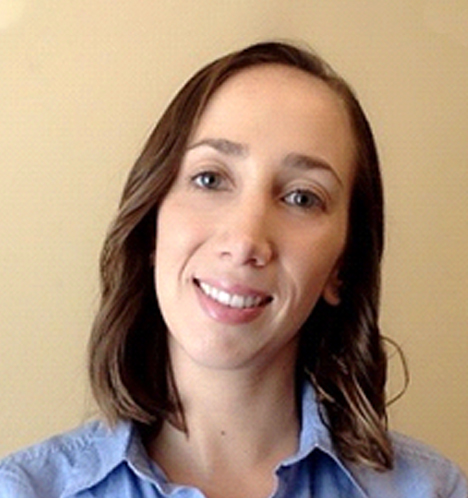
Foster Parent Study
The purpose of this study is to increase our understanding of the experience of foster parents caring for unaccompanied refugee minors (URM).
Specifically, we want to understand what motivates these individuals and couples to become foster parents, and what sustains their involvement with the program.
Since the enactment of the Refugee Act of 1980 which amended the Immigration and Nationality Act of 1965, the federal government has defined URMs as refugee children in the United States under the age of 18, without a parent or close relative who is willing or able to care for them (Haddal, 2008). These children comprise an especially vulnerable population because they are both fleeing persecution and entering the United States without a parent or guardian. The Office of Refugee Resettlement (ORR) is thus in charge of taking care of these children and placing them in foster homes.
Understanding foster parents’ experience is important as their practices and the quality of the relationship between them and refugee youth has been found to contribute to well-being of the resettled youth (Luster, Qin, Bates, Rana and Ah Lee, 2010; Sotomayor-Peterson & Montiel-Carbajal, 2014). There is a large body of research that identifies good foster care and best practices, as well as predictors of stable foster placements outside the refugee context (see Day et al., 2018 for a systematic review). Many of the challenges faced by foster parents and good practices identified in this literature are likely to be applicable to fostering refugee youth, such as culturally competent care and addressing issues of trauma. However, fostering refugee youth may also involve unique additional challenges. For example, refugee youth may have complex relationships with their native countries where they experienced violence and/or persecution. Many arrive with limited or interrupted formal education, making the transition to adulthood and economic stability more complicated. In sum, there are no empirical studies that describe the experiences of foster parents caring for unaccompanied refugee children, their attitudes, concerns, and practices.
Project Leader

Maria Fernanda Garcia
Doctoral Student, Ph.D Program Community Well-Being